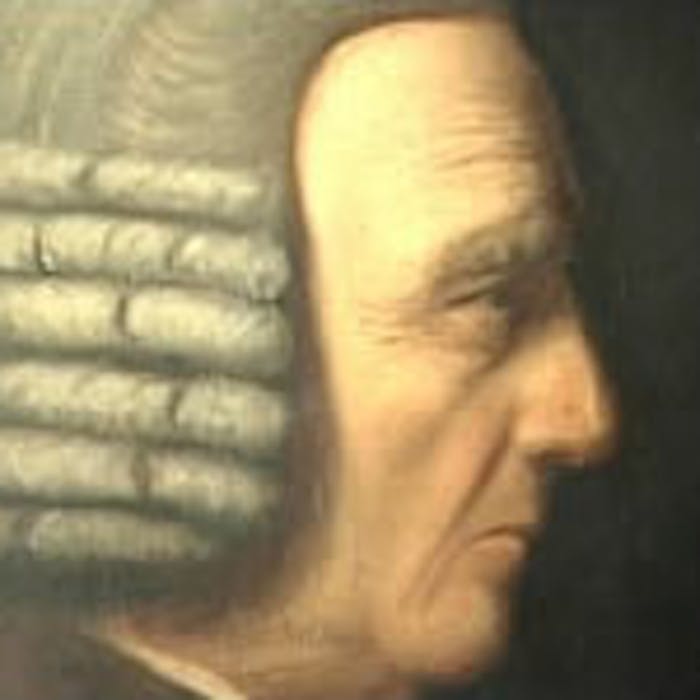
William Cookworthy, father of the Cornish China Clay Industry
William Cookworthy rose from humble Quaker beginnings in the 1700s to become the founder of the British Porcelain Industry.
Cookworthy was born in Kingsbridge, Devon, in 1705 into a family of weavers. He was a bright child but the death of his father in 1718 and disastrous investments in the South Sea Bubble, led him to be apprenticed to a Quaker chemist in London. He had to walk all the way there - a vast distance on foot - because he couldn't afford the fare.
In due course he became a partner and a Quaker minister and, in 1735 he married Sarah Berry, another Quaker. Together they had five daughters and he became a successful pharmacist.
However in 1745 Cookworthy met the man who had discovered 'the china earth', also known as kaolin, in the State of Virginia. Kaolin was also found in China and had been used in the manufacture of porcelain for thousands of years. Cookworthy began to hunt for kaolin in England, to save importing it.
In 1745 he found it in the Breage and Tregonning Hill areas in Cornwall, where a type of decomposed granite, which was finer than talcum powder, occurred naturally. This material was known locally as moorstone.
Cookworthy invented a process for making hard paste china, which involved spraying the walls of the clay pits with water, and set up a china works in Plymouth. He spent the next 20 years refining the process of making porcelain and in 1768 he patented it and founded a factory in Bristol. This became Bristol Porcelain.
Cookworthy died in Plymouth in 1780.
Cornwall continued to be at the centre of the industry and much of the landscape around St. Austell remained dominated by china clay workings and old pits. Today, there is a museum in Kingsbridge dedicated to William Cookworthy. Indirectly his legacy was also the Eden project as it was developed on land previously used by the china clay works.
Further Reading
Links to external websites are not maintained by Bite Sized Britain. They are provided to give users access to additional information. Bite Sized Britain is not responsible for the content of these external websites.
